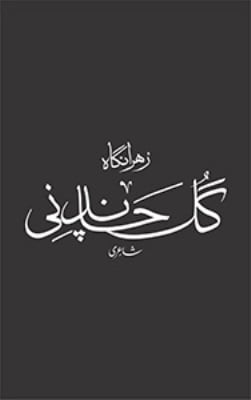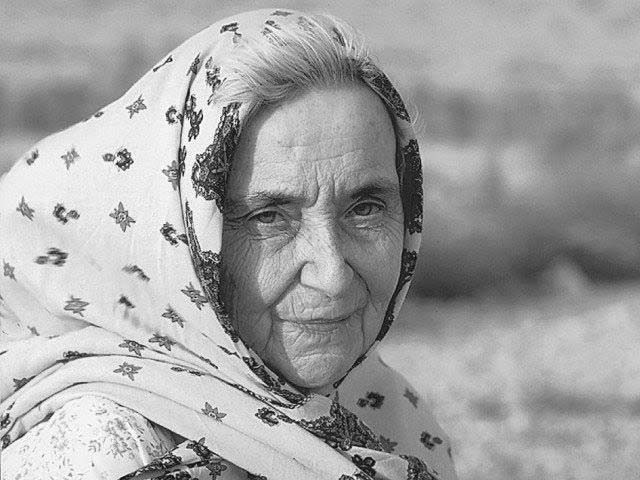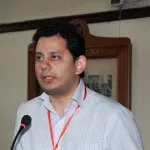Today marks the third anniversary of the death of Dr Ruth Pfau, the great Pakistani-German nun and physician who devoted more than fifty years of her life to curing leprosy in Pakistan. Arriving in Karachi in Pakistan accidentally on March 8, 1960, sixty years ago this year, on her way to India, she decided to stay on in the country and contribute in the battle against leprosy; she never returned to her native Germany. Her enduring legacy is the Marie Adelaide Leprosy Centre which she and her diligent team set up in Karachi in 1963, and which graduated to being a large hospital within three years. It was largely due to her heroic efforts that the World Health Organisation (WHO) declared Pakistan as a leprosy-free country in 1996. Dr Pfau was given Pakistani citizenship in 1998, in addition to some of the highest Pakistani civilian honours. Even Google joined in by honouring her with a Google Doodle on her 90th birthday last year.
She was also the author of nine books in the German language. She often used to say that if she was reborn, she would again come to Pakistan. When she passed away in 2017, she was the first Christian and non-Muslim person to be given a state funeral in Pakistan, something which needs to be emphasised as we are close to celebrating Pakistan’s 73rd independence day later this week.
As such I am offering here an original translation of a rare poem from one of Urdu’s towering contemporary poets Zehra Nigah celebrating the life and legacy of Dr Pfau. The poem, simply titled Ruth Pfau Ke Naam (To Ruth Pfau), is from Nigah’s latest, award-winning collection Gul Chandni (Sang-e-Meel Publications, Lahore, 2018). The poem compares Pfau to a blue-eyed sparrow arriving in a veritable desert before proceeding to the final stanza, whose final couplet memorably compares Pfau to Jesus Christ:
‘Sunte hen har raat vahaan par
Baadal ka tukra aata hai
Aur voh barish barsaata hai
Voh barish jo sadiyon pehle
Aik payambar ki sooli par
Aasmaan se baras chuki thi’

‘From a land far away
Came flying
A sparrow with blue eyes
Landing in a deserted garden
The injured flowers were scattered
The branches were napping
With their dry arms on their heads
The yellow leaves hugging the grass
Were gasping
The sparrow asked the flowers
How did this happen?
The flowers narrated their condition
“We are lepers
Before you, no bird
Had ever come to this garden
Everyone is afraid to come and go
The seasons go farther away
The gusts of wind
Trembling
Pull away”
The blue-eyed sparrow
The diligently-inclined sparrow
Said I will stay here now.
It is said every night over there
A piece of cloud arrives
And it pours rain
The rain which centuries ago
Had poured from the heavens
On the gallows of a prophet’



COMMENTS
Comments are moderated and generally will be posted if they are on-topic and not abusive.
For more information, please see our Comments FAQ